Iran produces new isotope, set to expand nuclear program
Nuclear chief says Iran is determined to continue to develop its nuclear program, despite the West’s efforts to cap the country’s heavy water production.
The West heightened pressure to eventually dismantle Iran’s heavy water production plants, as it did in some eastern European countries; Mohammad Eslami said.
Owing to effective measures adopted by Leader of the Islamic Revolution Ayatollah Seyyed Ali Khamenei Iran’s nuclear program is expanding every day, “making profound impact” on people’s livelihood, and health system, he added.
He made the remarks during an inauguration ceremony marking the manufacture of homegrown kits for newborn screening tests designed to detect metabolic conditions on Tuesday.
“We managed to procure oxygen-18 isotope in the process of heavy water production,” Tasnim quoted Eslami as saying.
Oxygen-18 isotope is widely used in various sciences such as the environment, biochemistry, diagnosis, and medical treatment.
Eslami said that the kits used for detecting newborns’ metabolic condition used to be imported to the country in limited numbers, adding that “Iran is now among the top five countries manufacturing the kits.”
“The kit was produced within a year and we have plans to export it as well,” he added.
Last January, Iran’s nuclear spokesman, Behrouz Kamalvandi, said the country is currently producing enough heavy water inside the country, and is even exporting surplus to eight countries.
He said the country must have its own nuclear power plants, and produce the fuel required for those plants, as well as the nuclear medicine it needs.
In May 2018, US President Donald Trump, a hawkish critic of the landmark nuclear deal between Iran and six other countries – the United States, Britain, France, China, Russia and Germany – unilaterally withdrew Washington from the agreement, and unleashed the “toughest ever” sanctions against the Islamic Republic in defiance of global criticism.
Following its much-criticized exit, Washington has been attempting to prevent the remaining signatories from abiding by their commitments and thus kill the historic agreement, which is widely viewed as a fruit of international diplomacy.
Iran remained fully compliant with the JCPOA for an entire year, waiting for the co-signatories to fulfill their end of the bargain by offsetting the impacts of American bans on the Iranian economy.
But as the European parties failed to do so, the Islamic Republic moved in May 2019 to suspend its JCPOA commitments under Articles 26 and 36 of the deal covering Tehran’s legal rights.
The victory of Democratic presidential candidate Joe Biden in the elections in the US and his promise to return the country to the multilateral deal has raised the hopes for the JCPOA revival. Since April 2021 several rounds of negotiations have been held in the Austrian capital to bring the US back into the Iran deal, with the EU leading the talks as the coordinator.
Iran to pursue strong defense, careful diplomacy during talks with US: Deputy FM
Second round of indirect Iran-US nuclear talks opens in Geneva
‘Racist’ Florida congressman draws outrage over Islamophobic comment
‘Get the files out’: Hillary Clinton slams Trump for Epstein files ‘cover-up’
Netanyahu’s former chief of staff dies suddenly at 58
Discover Iran: How once-isolated Makran coast is rising as Indian Ocean’s next strategic powerhouse
Hamas says it has not received deadline for disarmament as Israel threatens to reignite war
Switzerland weighs European option as Patriot delivery stalls


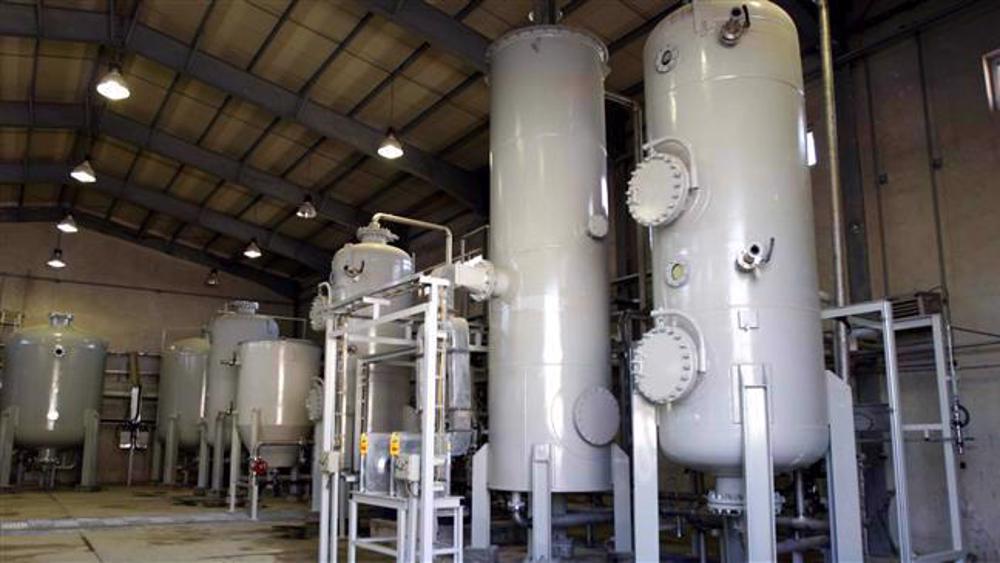
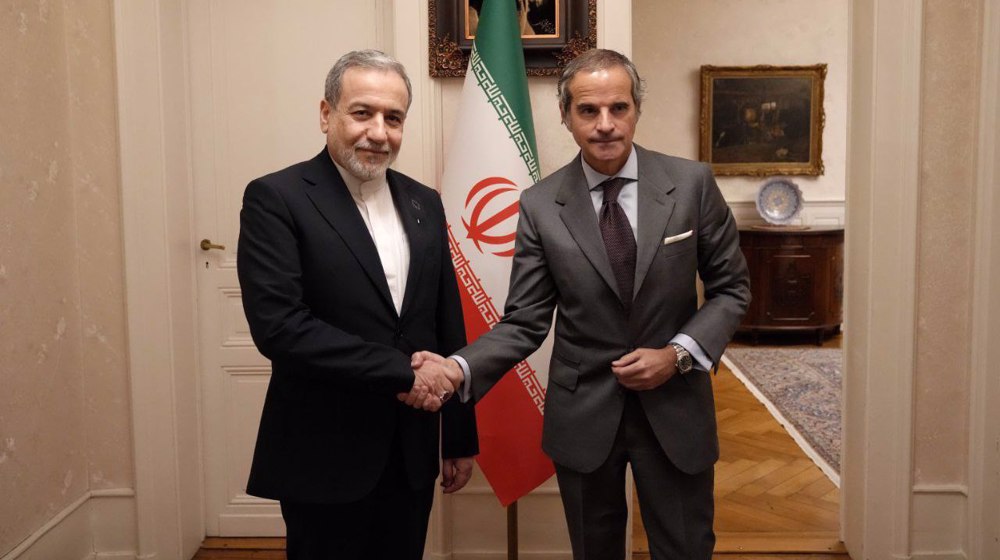
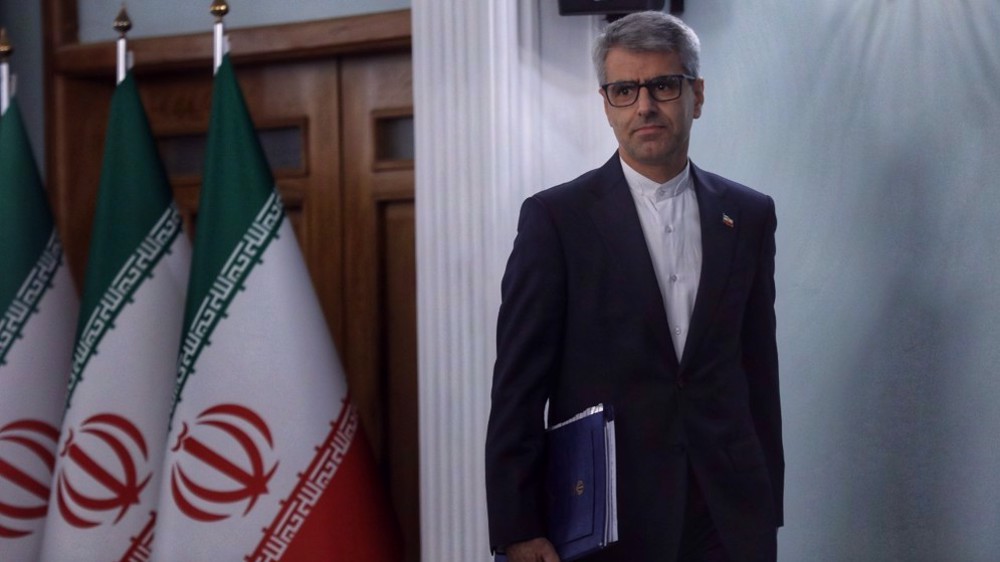
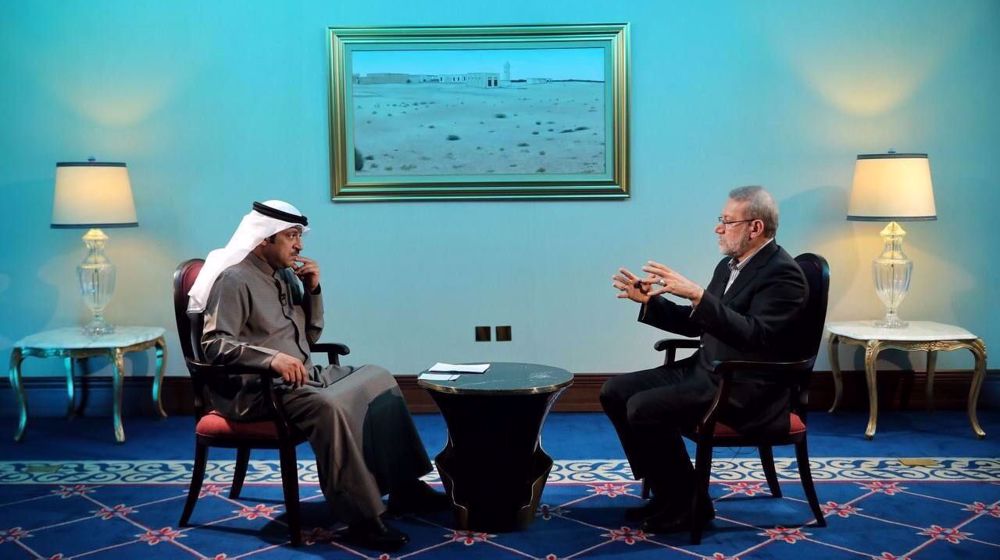



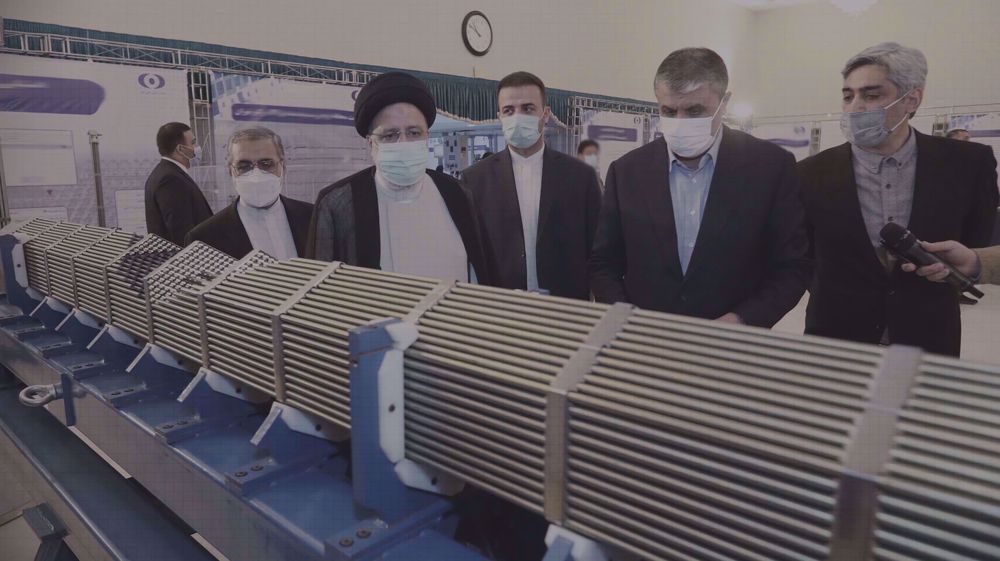
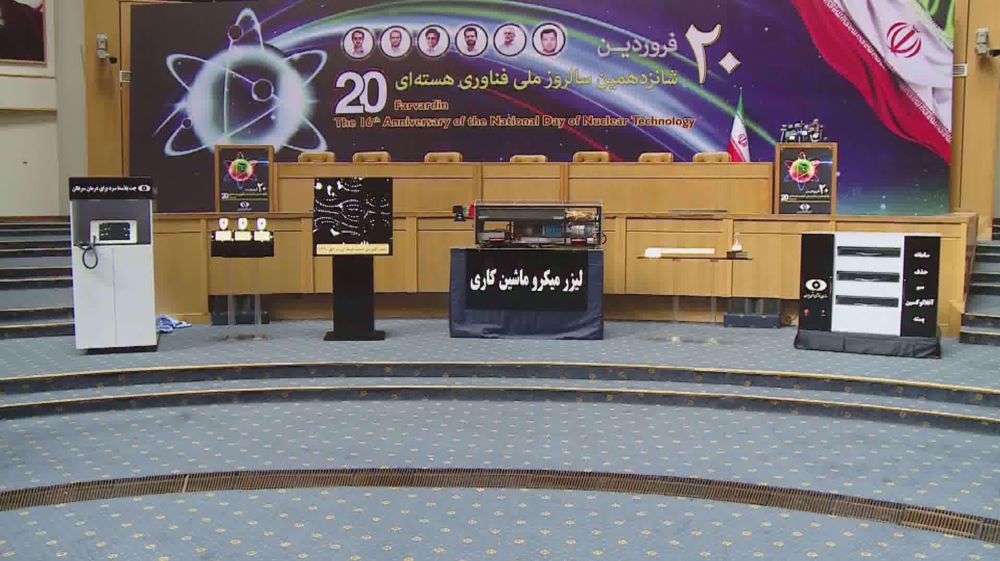
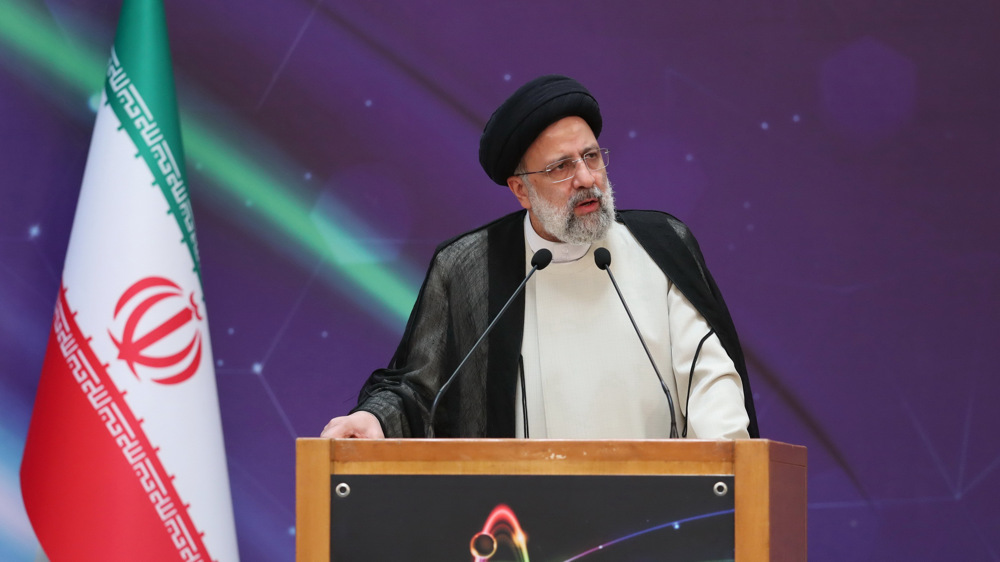


 This makes it easy to access the Press TV website
This makes it easy to access the Press TV website